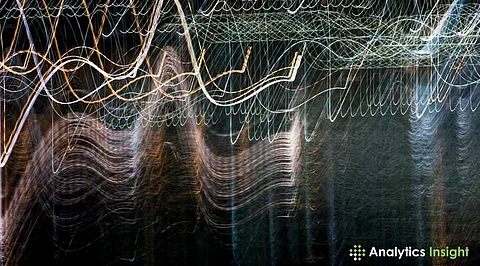

University of Alaska Fairbanks researchers have launched an AI model that could forecast major earthquakes several months earlier.
The model can tap into low-level seismic activity for warnings of larger quakes using machine learning techniques that might give crucial early warnings.
Led by Társilo Girona, a research assistant professor at the UAF Geophysical Institute, the study investigated two major earthquakes, the 2018 Anchorage earthquake in Alaska and the 2019 Ridgecrest earthquake sequence in California. Both earthquakes were preceded by abnormal low-magnitude seismic activity that the AI model identified months in advance of the major events.
Data reviewed by the research team from those earthquakes showed that tiny quakes-less than magnitude 1.5-were regionally ramping up about three months in advance of each quake. The model predicted through machine learning, the chances of a major earthquake to 80% just months before the Anchorage quake and to 85% days before the Ridgecrest earthquake.
By training their algorithm on historical seismic data, Girona and his co-author Kyriaki Drymoni showed that machine learning could be a game-changer in the early detection of earthquake signs. Girona adds that new seismic networks and high-performance computing capacities now make it possible for researchers to extract from vast datasets critical patterns that may signal an impending quake.
Girona also underlined a very high level of difficulties and ethical dilemmas involved in the use of AI for forecasting. He noted problems like false alarms that could cause unnecessary panic, economic disruption, and loss of public trust, while failure to predict an earthquake might result in catastrophic outcomes.
As the team prepares for testing the model in real-time scenarios, it emphasizes the refinement of the algorithm to be sure of accuracy in reducing false positives.
Even with such challenges, the saving of lives and limiting economic damages months ahead, earthquake forecasting sure brings immense hope. Girona and his colleagues would further refine their AI model and clear the path toward better forecasting of earthquakes.
